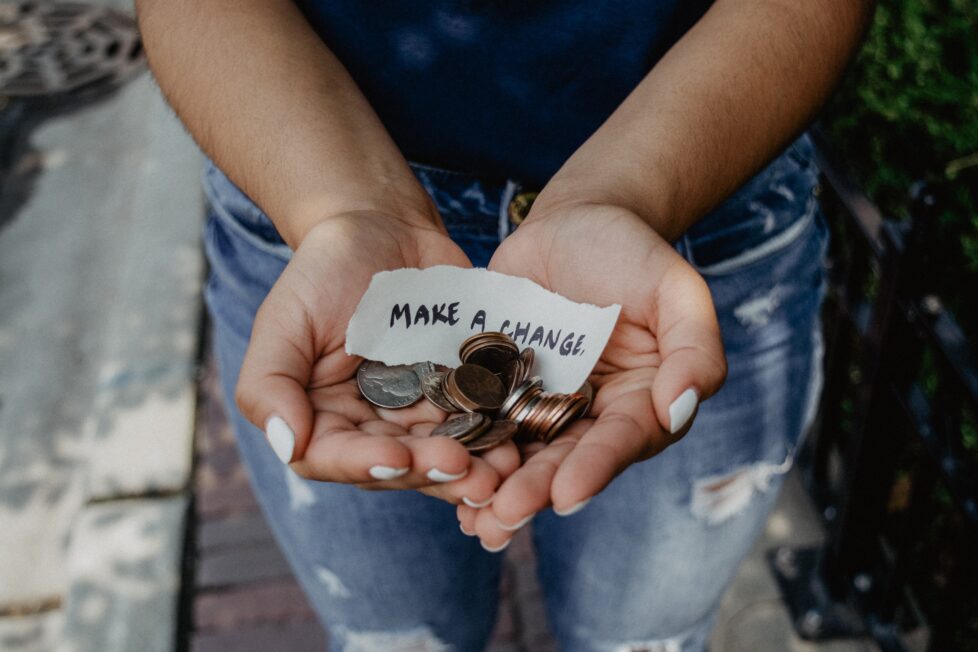Is Foreign Aid Ruining Development in Africa?
Explore why countries that subcontract water and food security to foreign aid and charity organizations are irresponsible and grossly negligent.

Explore why countries that subcontract water and food security to foreign aid and charity organizations are irresponsible and grossly negligent.

Tafadzwa’s eyes lit up as the foreign aid workers drove into Hurungwe village in Zimbabwe, promising clean water for the community. He watched as the well was drilled, imagining the endless possibilities that access to clean water would bring.
But as the months passed, Tafadzwa’s excitement turned to disappointment. The water from the well was dirty, filled with parasites, and made his family sick. The aid organization had not consulted with the community, they had drilled the well at former cemetery.
Nurse Nomsa at a rural clinic in Lupane, Zimbabwe, can relate to Tafadzwa’s frustration. She’s forced to run awareness campaigns about bilharzia and malaria in a village that never had a single report about these diseases in a decade.
The aid organizations that fund her clinic, eager to make a difference, is funded to address tropical infectious diseases. “I feel like I’m wasting my time,” says Nomsa. “I know I could be making a real difference if the aid was directed at the real issues facing my community.”
While Tafadzwa and Nurse Nomsa might be fictional characters, their experiences are real.
According to Dambisa Moyo, a renowned economist, “aid creates a false sense of development that corrupt governments use as justification for their leadership.” In fact, a study by the African Development Bank found that aid has had little impact on reducing poverty in Africa, with poverty rates remaining stagnant at around 55%.
The global attention on what aid has achieved steals the attention from the exploitation of the local people by multinational corporations. Companies operating in Africa, eager to improve their image, often flaunt their corporate responsibility projects to cover their human rights crimes.
Vandana Shiva, an environmental activist, agreed with Dambisa Moyo, “the philanthropy economy is a deterrent to development and takes away responsibility and accountability from elected officials.” Who is benefiting from the philanthropic gestures of irresponsible multinational corporations and international aid organizations?
Nomsa and Tafadzwa, like many other individuals in Africa, are not the intended beneficiaries of aid but rather the philanthropists themselves. According to economist William Easterly, “aid is not about helping the poor, it’s about the donor feeling good about themselves.”
But philanthropists receive something more then feelings of satisfaction; otherwise they won’t be sending millions to random strangers in Africa.
The actual amounts that philanthropists give in aid are often minuscule compared to the actual amounts they receive in return. Economist Dambisa Moyo states, “philanthropy is a drop in the bucket compared to the trillions of dollars that flow through the global economy every day.”
Zimbabwe is trying to address the issue through the Private Voluntary Organizations Amendment bill, which aims to regulate the operations of aid organizations in the country. However, the bill has been met with criticism as it is considered retrograde and may limit the ability of aid organizations to help the community.
Rather than coming up with new laws to restrict the activities of aid organizations, African nations need to commit to serving their citizens. Investing in science and technology can provide long term solutions, as has been shown in countries like China who managed to take more than a quarter of a billion people out of poverty in less than two decades.
Subcontracting water and food security to foreign aid and charity organizations is irresponsible and grossly negligent.
Comments are closed.

Thank you for this info. I’m a legal practitioner,I have my masters in law.currently Lecturing polytechnic students on law courses. I need your guideline on how to get employment in teaching job in UK. I have 5 years in lecturing job.Thank you
Try using jobs.ac.uk you can also try using the official website of the UK government to search for jobs. This opportunity is only for STEM and modern languages teachers.